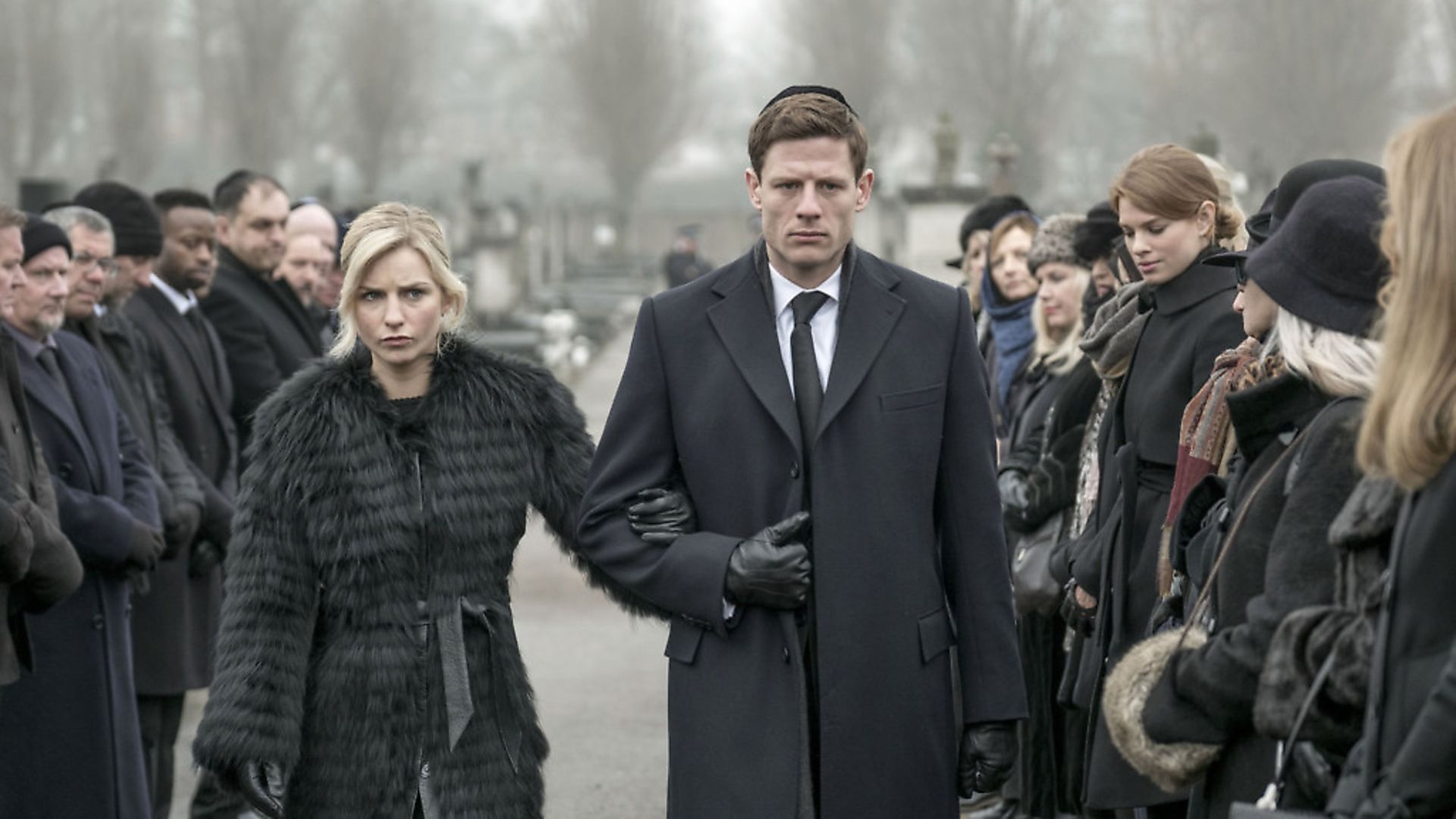
The media’s portrayal of mafia women is often that of a passive and exploited character. But the reality is much different, argues FELIA ALLUM.
I was once told by a former Italian mafia woman that ‘if a man becomes a mafioso, it is because he has a good woman behind him’.
She went on to explain ‘a mafioso without the support of a woman, can’t get anywhere’. These may seem like banal comments but they come from a woman who managed her own clan, its members and criminal activities. More importantly, they go directly against the long-held view that mafias are patriarchal and sexist, excluding women.
In fact, there is growing evidence of women’s involvement in organised and transnational crime.
Fiction in the Anglo-Saxon world has taken a long time to catch up with this aspect of real life. Gomorrah – the Italian TV series based on journalist Roberto Saviano’s study of the Neapolitan criminal organisation, the Camorra – presents a nuanced picture of strong women who are both violent and active in their group’s criminal activities.
But the same can’t be said for the way women are portrayed in the BBC’s drama series, McMafia, which follows the gradual descent of Anglo-Russian banker Alex Godman into a life of crime.
Here, many of the female characters appear to fit all too neatly into the stereotypical category of ‘passive’ mafia women. In this way, McMafia appears to have failed to take the opportunity to challenge our understanding of the traditional role of women in criminal organisations.
When it comes to portraying organised crime, fiction is slowly getting to grips with this phenomenon. Way back in the 1970s in the Godfather movie, the women were present but peripheral – seen as non-combatants who are protected when the gangs go to war and who are kept away from all criminal activities and decisions. By the time the Sopranos came long in the late 1990s, women had an awareness of the criminal activities but were not directly involved in decisions. In Gomorrah, matriarch Donna Imma is equal to any man. She takes control of the clan from her husband, gives orders, makes decisions – and does not shy away from violence.
McMafia appears to be a bit of a throwback to the Godfather days: women in the crime ‘family’ remain passive – fragile relatives to be protected, who are mostly excluded from important decisions. In this series, women are portrayed as ‘insiders’ or ‘outsiders’. Insiders – wives, daughters, sisters and girlfriends – are presented as pawns who contribute nothing to the business but present a risk as they need protection. Meanwhile outsiders are simply exploited for the money they can make for the family. But in reality the female relatives of mafiosi do not live in blissful ignorance – they live with the criminal activity every day and to believe they don’t know what is going on is naive. Could it even be suggested that without the complicity of women there would be no mafia clans?
Today, there are plenty of examples of women who actively participate and even take on leadership roles in criminal organisations. My research interests are Italian organised crime and gender and there are plenty of examples of active women.
Maria Angela Di Trapani, who was arrested in December 2017, took over the management of her family in the Resuttana district of Palermo while her husband, Salvatore Madonia, was in prison. She not only kept the clan running smoothly by distributing members’ salaries and paying the lawyers’ fees but was involved in extortion and other crimes. She was defined by state witnesses as ‘a real man of honour’. Rosa Amato, the daughter of a local Camorra boss from Santa Maria Capua Vetere in southern Italy, managed the clan’s slot machine business.
When I interviewed her in 2012 she told me that while she avoided getting involved in the day-to-day violence of the clan, she felt women could be just as useful as the men: ‘In the end, we are the same as them. We weren’t violent because women don’t do that, we don’t threaten… but in the end, if I had not been there to make money, they would not have survived very long.’
Meanwhile in the US, Debra Scibetta the wife of Sammy ‘the Bull’ Gravano of New York’s Gambino family, appears to have been fully aware of her husband’s activities (although giving the outward impression of a traditional mafia wife, it was once said of her: ‘She knows but never tells, she spends but never asks.’
In 2000, after he had come out of the witness protection programme, they were arrested for trafficking ecstasy – suggesting that she had never been merely a silent partner.
Of course, things may be different when it comes to women in Russian organised crime – but you can’t help thinking that if Godman had enjoyed the backing of some real mafia women, he might have encountered fewer problems.
As it is, McMafia focuses almost exclusively on male criminality and misses the opportunity of showing to a mass audience the complex gender relations that exist in modern mafias and how women hold it all together.
• Felia Allum is a senior lecturer in Italian and Politics at the University of Bath
Warning: Illegal string offset 'link_id' in /mnt/storage/stage/www/wp-includes/bookmark.php on line 357
Notice: Trying to get property 'link_id' of non-object in /mnt/storage/stage/www/wp-includes/bookmark.php on line 37






